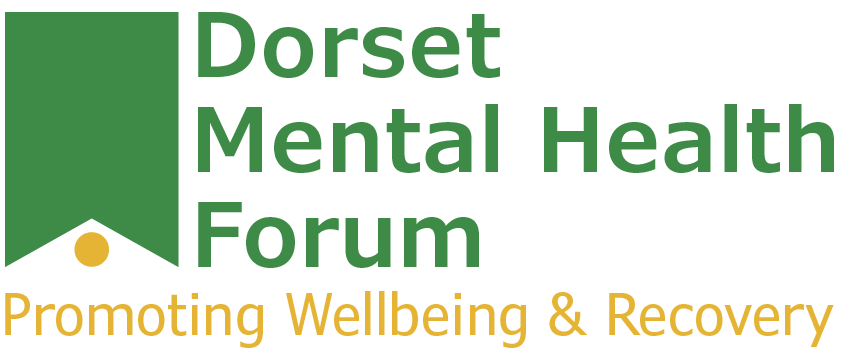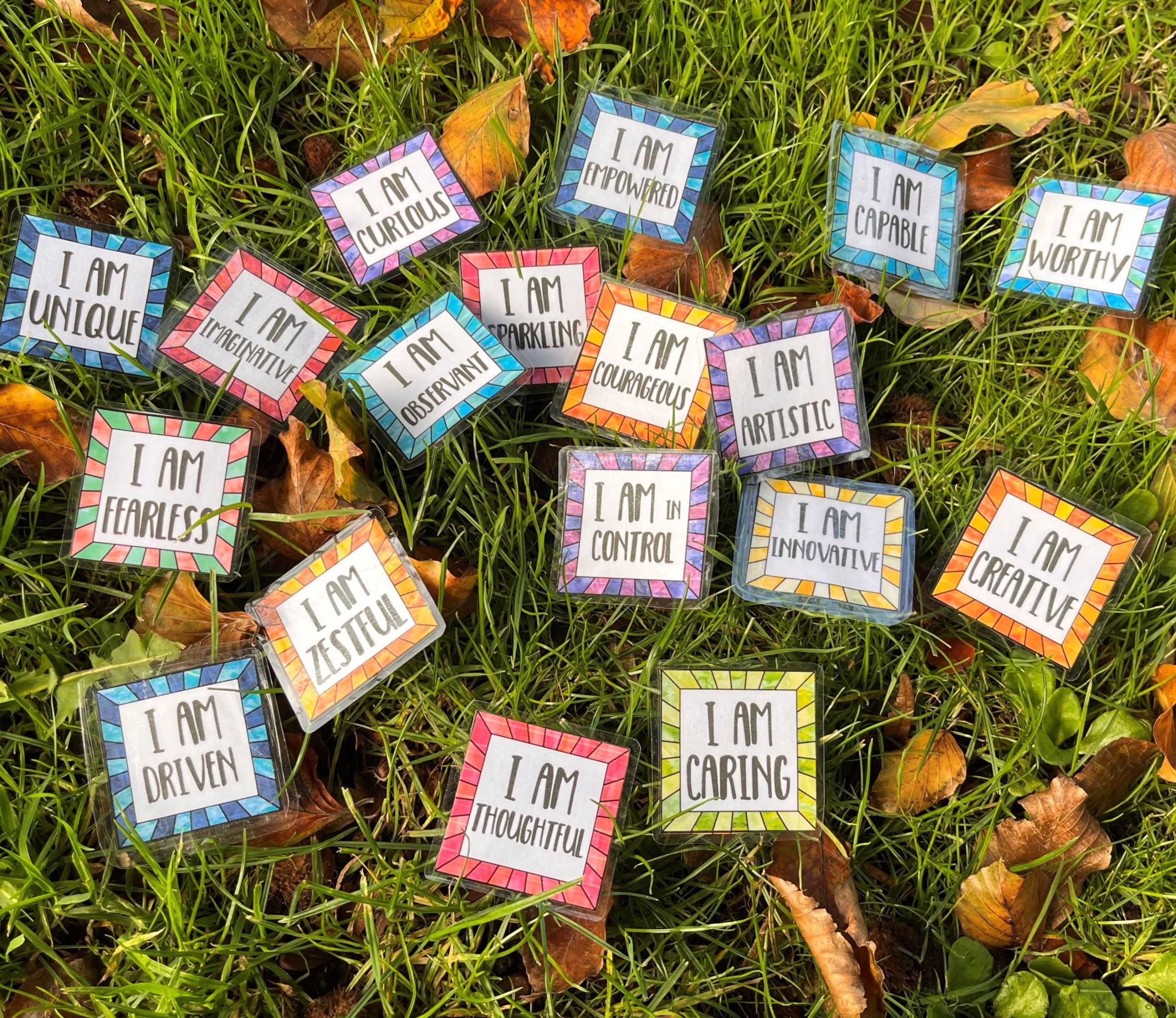Our collective workforce is built on people whose perspectives and expertise come from their lived experience of a broad range of conditions. As we reflect on ADHD Awareness month, we feel it important to highlight that a diagnosis needn’t be something that defines you, it’s more about celebrating your unique strengths and differences. Embracing the fact that you are accepted and have value and worth no matter what the outcome is a positive way to recognise yourself.
Here our Peer Lead for Employment, Emma speaks about her own personal journey of recognition and building coping mechanisms:
“How long have you been trying to fix yourself?”
The internet and social media content can be a maelstrom of overwhelm, information (not all correct!), opinion (not all helpful!) and also a hell of a lot of negativity. However, it can also provide that lightbulb moment of connection when you recognise something that fits your experiences and hits home quite dramatically, and also a community of others that sound just like you.
It was after I started working for the Forum and had settled in that I started learning more about ADHD – questioning my previous experiences and joining the dots. Up until this point, I had fallen into the traps of myth and misinformation about ADHD that commonly befall our society and had also heard predominantly male experiences of neurodiversity.
After that ‘Aha!’ moment of finding connection with a variety of more diverse experiences of ADHD online, I started my research. ADHD UK had some really helpful resources that included a screening tool. I went through the questions reflecting back on the different stages of my life, and this suddenly had a real impact on me. The pieces started to fall into place: my lifelong struggle with time keeping, the contradiction between being really enthused and passionate about something (with so much energy!) and then losing motivation altogether and finding it nigh on impossible to pick up the momentum again, and my difficulties with auditory processing and retaining information (much to the amusement/annoyance of my family!). The more I went through the questionnaire and looked into both ‘symptoms’ and others’ experiences, the more things made sense. I scribbled all over every inch of an A3 piece of paper with everything that I had noticed, before promptly losing it, (as I am wont to do – how had I never noticed this before!?) and took this to my GP. This started my journey of officially exploring what a diagnosis would mean to me.
As I am reflecting on this over the course of ADHD Awareness Month, there are a few things that really stick out to me:
Firstly – the importance of self-compassion. Revisiting the quote at the top of this blog post (which really stung when I heard it on a video on Instagram about ADHD recently) as well as some reflections around ‘Imposter Syndrome’, really made me reflect on the need to be kind to myself. I am working on reframing my perceptions around how my mind works – making allowances and being understanding when things don’t go to plan (unpicking the perfectionism which has been the world’s worst coping mechanism for the last 30 odd years!), and also learning and considering the things that my possibly neurodiverse mind actually does pretty damn well! (thinking back to all of the times where thinking outside the box, hyperfocus and spontaneity have resulted in something awesome!). What are the things that make you ‘you’ and that you wouldn’t do without?
The second thing that I think is really important to anyone else going through a similar journey of self-discovery at the moment would be to give yourself a bit of control over a process that sometimes feels very much the opposite. What is important to you about this journey?
This feeds into my final thought – the elephant in the room. Waiting lists for an ADHD diagnosis are at an all time high at the moment. I have mixed feelings about how this has impacted my situation. On one hand, I feel frustrated, stuck in limbo and good old familiar ‘Imposter Syndrome’ kicking in with the “Are you really sure you have it?”. On the other, I’ve had time to really sit with the discomfort and consider what I actually need at the moment in ways that I don’t have to wait and just feel the uncertainty. Where are the areas where I feel that I need support? What does this look like? How do I actually feel about medication? How do I feel about having a ‘label’? How do I talk about myself and reframe my experiences in a way that is kinder around how I have discovered that my mind works? These are some of the things that at least I can have control over right now.
I’ll end with a more compassionate quote than the one I started with (which really resonates with my own and friends’/families’ neurodiverse experiences):
“To be nobody but yourself in a world that’s doing its best to make you somebody else is to fight the hardest battle you are ever going to fight. Never stop fighting.” E.E. Cummings.


